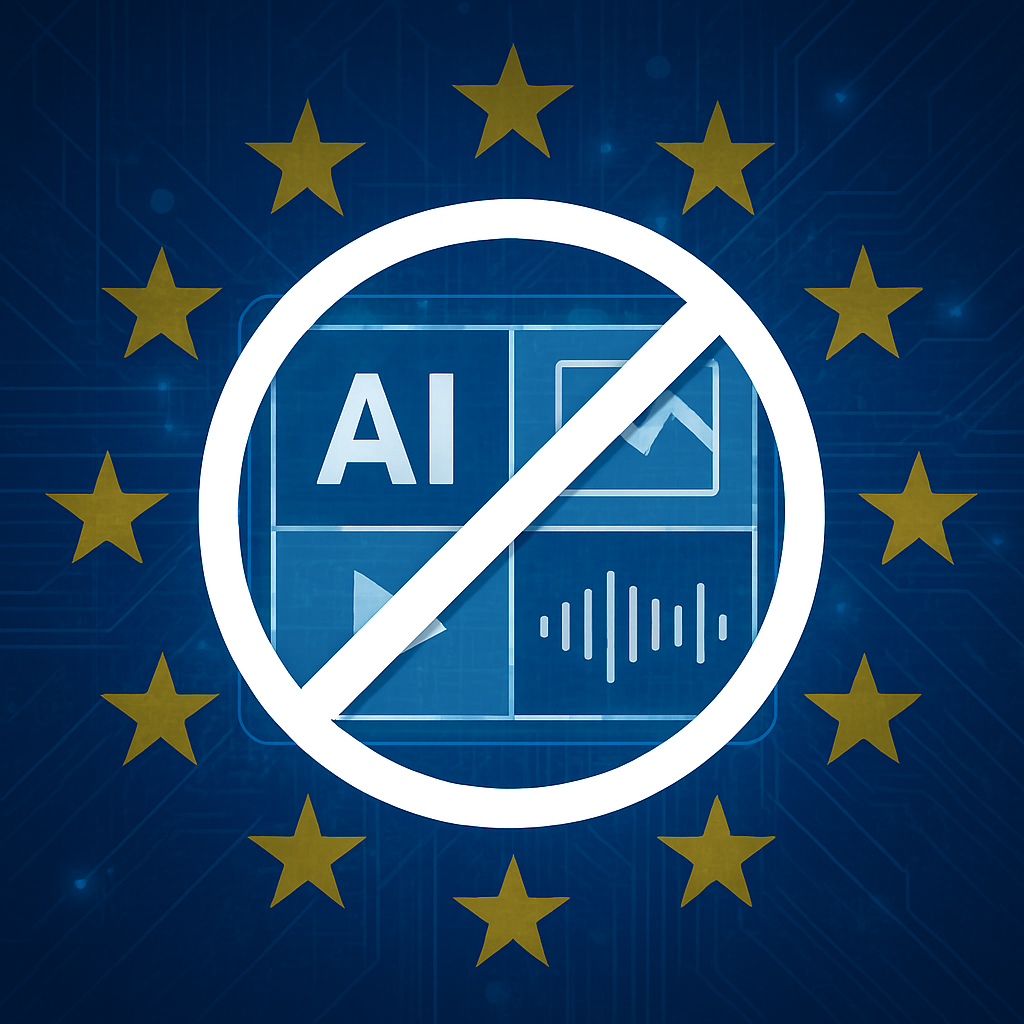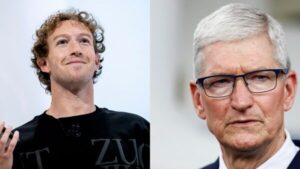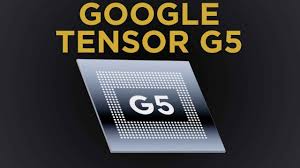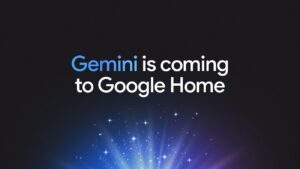July 6, 2025, Brussels The European Union has passed a new law requiring all AI-generated content to include visible or invisible watermarking that identifies it as synthetic. The regulation, adopted by the European Parliament this morning, is part of the broader EU AI Act and is aimed at curbing misinformation, deepfakes and unauthorized synthetic media use across the region.
The law mandates that all major AI developers, including OpenAI, Google DeepMind, Anthropic and Meta, implement content labeling protocols within 90 days or face penalties of up to 4 percent of their annual global revenue.
Key Requirements of the Law
- All text, image, video and audio generated by AI must include embedded metadata or watermarks
- Platforms distributing AI content must disclose its synthetic nature to end users
- Watermarks must remain intact even after compression, cropping or minor edits
- Exemptions apply for personal, non-commercial use and academic research
“This law puts the responsibility back on developers and distributors to ensure transparency,” said Margrethe Vestager, European Commissioner for Competition and Digital Regulation.
Industry Reaction
AI companies have issued mixed responses. OpenAI stated it supports watermarking in principle but raised concerns about watermark robustness and privacy. Google said it will begin implementing watermark APIs in Gemini Pro and YouTube systems starting this month.
Smaller startups have asked for technical guidance and financial assistance to meet compliance deadlines.
Global Implications
Experts believe the law could set a global precedent, similar to how GDPR influenced data privacy standards worldwide. The U.S. and Japan are reportedly drafting their own synthetic content labeling guidelines based on the EU model.
Social platforms such as TikTok and Instagram are also expected to update their content policies in response to the regulation.
Enforcement and Penalties
The European Digital Services Board (EDSB) will oversee enforcement, beginning audits in October 2025. Repeat violators will face escalating fines and potential platform restrictions within the EU market.
The law also encourages public media literacy campaigns to help citizens recognize synthetic content, especially during elections and public emergencies.
Conclusion
By passing this watermarking law, the EU has taken a major step toward regulating generative AI and protecting digital trust. Developers and platforms must now adapt their tools and workflows to align with the new standards or risk facing strict penalties.
Sources: European Commission, Reuters, Euronews Next




